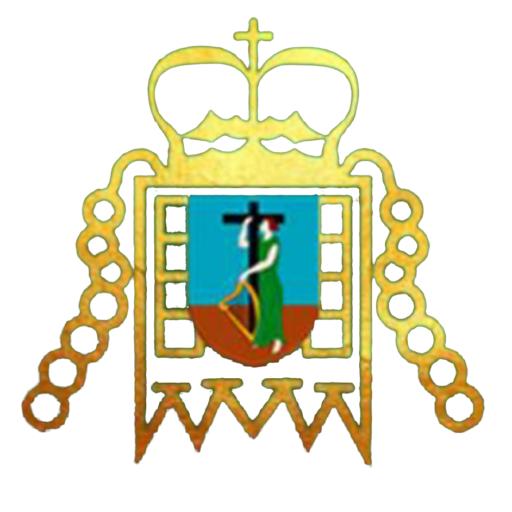Company Tax Information
Introduction
Income tax is payable on the net profit from your business, which is all income that comes into your business, minus allowable business expenses. Business income is any sort of payment (money or money’s worth) you receive for goods or services you sell.
Income subject to income tax
Usually you will not pay yourself a wage but will simply take money from the business when you need it. Money taken from the business in this way is called “drawings”.
An important point to remember is that you pay income tax on your net profits. The taxable income is the net profit that the business makes after deducting all allowable expenses and before any drawings are taken into account. In a partnership, the net profit is shared between the partners and included in their personal income tax returns.
Business as a separate company
If your business is a limited liability company and pays you a salary, you are taxed personally on that salary. The company must pay tax on its profit, which is the gross takings minus all the business expenses (including your salary). This is because any profits that are made belong to the company and are taxed at the company tax rate – currently 30 per cent.
Business expenses
All businesses have expenses in generating taxable income. Most expenses that are part of the cost of running your business are tax-deductible, except for the cost of buying capital assets for the business. You can claim depreciation on the cost of the capital assets, to allow for their decline in value.
Tax deductible expenses
The following are examples of tax-deductible expenses:
- Salary & wages
- Rent
- Rates
- Stationery & supplies
- Accountant’s fees
- Business vehicle costs
- Purchase of trading stock
- Repairs & Maintenance on business items
- Electricity and telephone costs
- Interest on money borrowed by the business
- Insurance of business asserts or premises
Non-deductible expenses
Some business expenses paid out of business income can’t be claimed as deductible against the income, including:
- If your business borrows money, the capital part of the loan repayments is not a deductible expense (but the interest probably will be).
- Income tax that the business pays is not a deductible expense, and tax refunds are not taxable income.
- Drawings are not a deductible expense, and the money you introduce into the business is not taxable income.
- The cost of plant and machinery.
- Improvements to equipment apart from repairs and maintenance.
- Private expenses such as life insurance
Capital expenses
It’s important to be able to tell the difference between capital and revenue expenses. This is because revenue expenses are deductible while capital expenses generally are not. Capital expenses are usually one-off payments to buy long-life assets that will be used in the business. You can’t claim the full cost of capital items in the year they were purchased. Instead, their cost can be written off over a number of years.
Provisional tax
After your first year in business you may be required to pay income tax in three instalments during the year in the months of February, April and June. This is called provisional tax. Provisional tax is not a separate tax, but a way of paying your business or personal tax as the income is received through the year. When you fill in your tax return the instalments you’ve paid are offset against the tax due on your income.
When your tax return is due
For most businesses the accounting year ends on 31st December – this is the balance date of your business. To help with your end-of-year return you should have your accounts up-to-date so you can work out the profit you’ve made and the amount of tax you may have to pay. You must send in your tax return by 31st March. If you want a balance date other than 31st December you must apply in writing to the Inland Revenue Department.
Paying income tax
If you are in business you’ll need to fill in a tax return each year and send it into the Inland Revenue Department. Any tax payable is due by 30th June.

